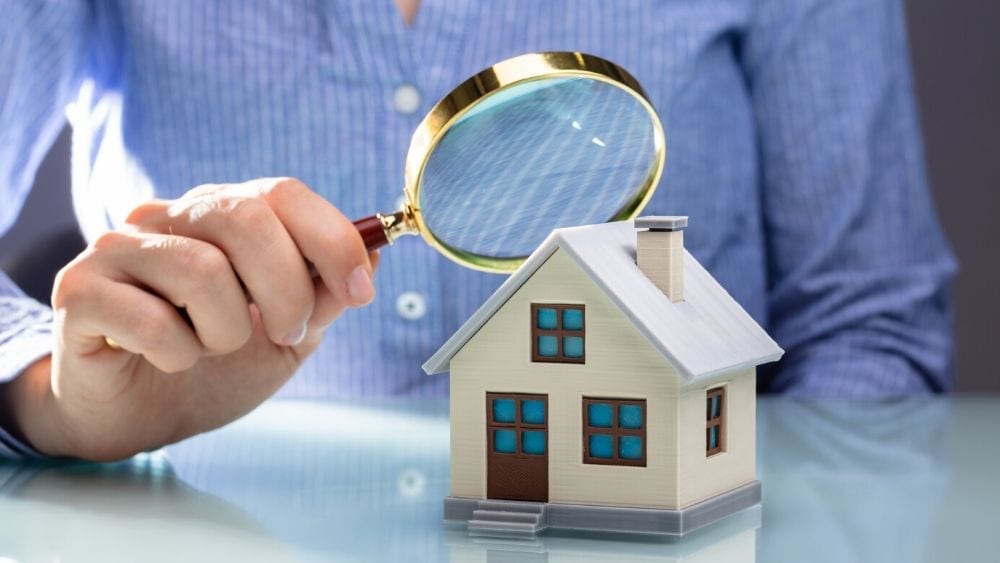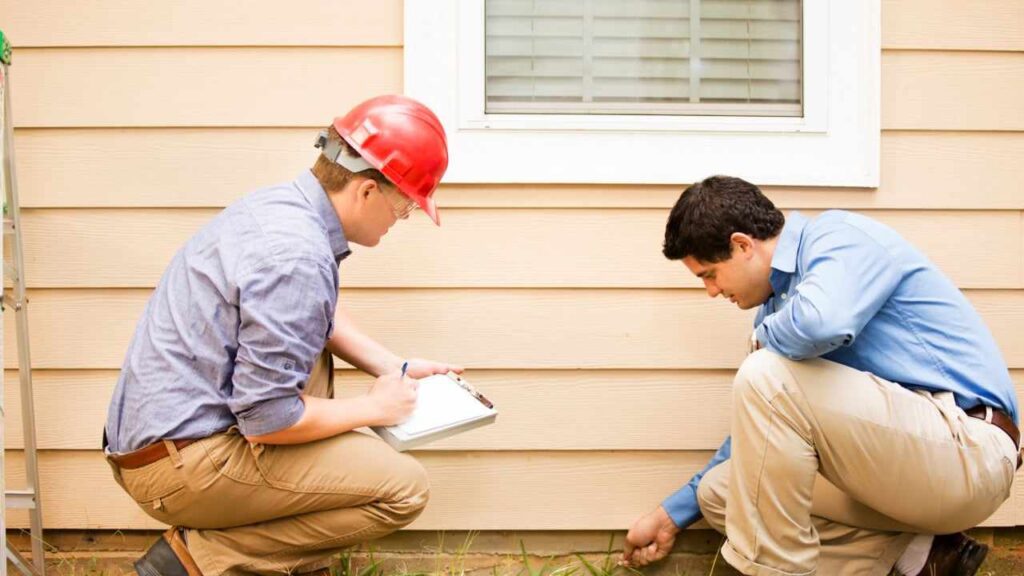Buying a home is one of the most significant investments you’ll make in your lifetime, and it’s crucial to ensure that you’re making a wise and informed decision. Home inspections are an essential part of the home buying process, providing valuable insights into the condition of the property. In Houston, where the climate can be harsh and diverse, understanding the unique challenges that homes may face is vital. In this comprehensive home inspection checklist for Houston buyers, Texas Rent2Own will guide you through the essential aspects to consider when evaluating a potential home purchase. By being well-prepared, you can make an informed decision and avoid any unpleasant surprises down the road.

Understanding the Importance of Home Inspections
A home inspection is a critical step in the home buying process. It involves a professional inspector evaluating the condition of the property, including its structural integrity, electrical systems, plumbing, roofing, and more. The purpose of a home inspection is to identify any existing issues or potential problems that could affect your safety, the property’s value, or your future maintenance costs. This guide may also help home sellers in Houston to take care of the following issues that could prove to be problematic for buyers when considering their property.
In Houston, where the climate is known for its humidity, hurricanes, and hot summers, homes can face unique challenges. For instance, hurricane season can lead to severe wind and water damage, while the high humidity can contribute to mold and pest problems. Additionally, the region’s clay soil can cause foundation issues.
To ensure that you’re making a sound investment in the Houston real estate market, it’s crucial to have a comprehensive home inspection checklist. Let’s dive into the key areas you should focus on:
1. Foundation and Structural Integrity
The foundation is the backbone of any home, and in Houston, where the soil is known for its clay content, foundation issues can be common. Look for signs of cracks, uneven floors, or doors that don’t close properly, as these could indicate foundation problems. A professional inspector should evaluate the foundation’s condition and provide recommendations for repairs if necessary.
2. Roofing
Houston’s hot and humid climate can be harsh on roofs, leading to issues like missing or damaged shingles and water damage. These problems can compromise the structural integrity of the house and result in costly repairs if left unaddressed. Regular roof maintenance is essential to safeguard your investment and ensure the long-term durability of your home. Don’t overlook the importance of a well-maintained roof in a climate like Houston’s, as it’s your first line of defense against weather-related damage.
3. Electrical Systems
It’s crucial to verify that the electrical systems comply with local building codes and are functioning properly. This includes examining the circuit breaker, outlets, switches, and the entire wiring network in the house. Neglecting electrical issues can pose safety risks and lead to costly repairs, making early identification and resolution essential to ensure a safe and cost-effective living environment.
4. Plumbing
Houston’s unique conditions can lead to plumbing challenges, such as leaks, clogs, or issues related to soil shifting and tree roots. During your inspection, be vigilant for water stains, slow drainage, and any indications of water damage. It’s essential to have a comprehensive evaluation of the plumbing system, including the condition of pipes and the water heater, to prevent potential headaches and expenses down the road.
5. HVAC Systems
Houston’s scorching summers underscore the importance of a dependable HVAC system. Inspect both the air conditioning and heating systems, ensuring they are in good working order. Don’t forget to assess the cleanliness and condition of air ducts and filters. A well-maintained HVAC system not only guarantees your comfort but also enhances energy efficiency, ultimately saving you money on utility bills.
6. Insulation and Ventilation
Houston’s humidity highlights the need for effective insulation and ventilation. Inadequate insulation can drive up energy expenses, while poor ventilation can promote mold growth. When inspecting a property, pay attention to the presence of insulation in the attic and walls, and ensure proper ventilation, particularly in moisture-prone areas like bathrooms and kitchens. This will help maintain a comfortable and healthy indoor environment.
7. Mold and Pest Issues
Houston’s high humidity can foster mold development, so check for telltale signs like musty odors or visible patches during your inspection. Furthermore, the warm climate in Houston attracts a variety of pests. Keep an eye out for signs of infestations, and if concerns arise, consider supplementing your general home inspection with a specialized pest inspection. This proactive approach can help you address potential issues early and maintain a healthy living environment.
8. Windows and Doors
Examine the windows and doors for drafts, broken seals, or any challenges in their operation. Well-sealed doors and windows are essential for energy efficiency, as they prevent air leakage and maintain a comfortable indoor climate. By ensuring their proper condition, you can not only enhance your home’s energy efficiency but also potentially reduce your utility bills.
9. Exterior and Drainage
Inspect the exterior of the home for signs of damage, such as cracks, peeling paint, or rotting wood. Additionally, pay attention to the drainage system. Houston’s heavy rains can lead to flooding, so ensure that the property has proper drainage to prevent water from pooling around the foundation.
10. Safety Features
Verify that the property has functioning smoke detectors and carbon monoxide detectors. These safety features are critical for protecting your family from fire and carbon monoxide poisoning. Regularly checking their condition and ensuring they are in good working order is an essential aspect of home safety, providing peace of mind and potentially saving lives in the event of emergencies.

11. Documentation and Permits
It’s prudent to request documentation and permits for any significant property renovations or additions. This ensures that the work was conducted in compliance with local building codes and regulations. Reviewing these records can unveil any hidden issues and provide assurance that your property maintains its value and meets safety standards, reducing potential future complications.
12. Professional Inspection
Hiring a qualified home inspector is crucial to a successful home inspection. Look for a certified inspector with experience in the Houston market. They will have a deep understanding of the specific challenges homes in the area face, ensuring a more comprehensive assessment.
Conclusion
A home inspection is a crucial step in the home buying process, and in Houston, it’s especially important due to the region’s unique climate and environmental challenges. This home inspection checklist for Houston buyers covers the key areas you should focus on when evaluating a potential property. By being thorough in your inspection and enlisting the help of a professional, you can make an informed decision and ensure that your investment is a sound one. Remember that a well-maintained home is not only a comfortable place to live but also a valuable asset that can appreciate in value over time.
